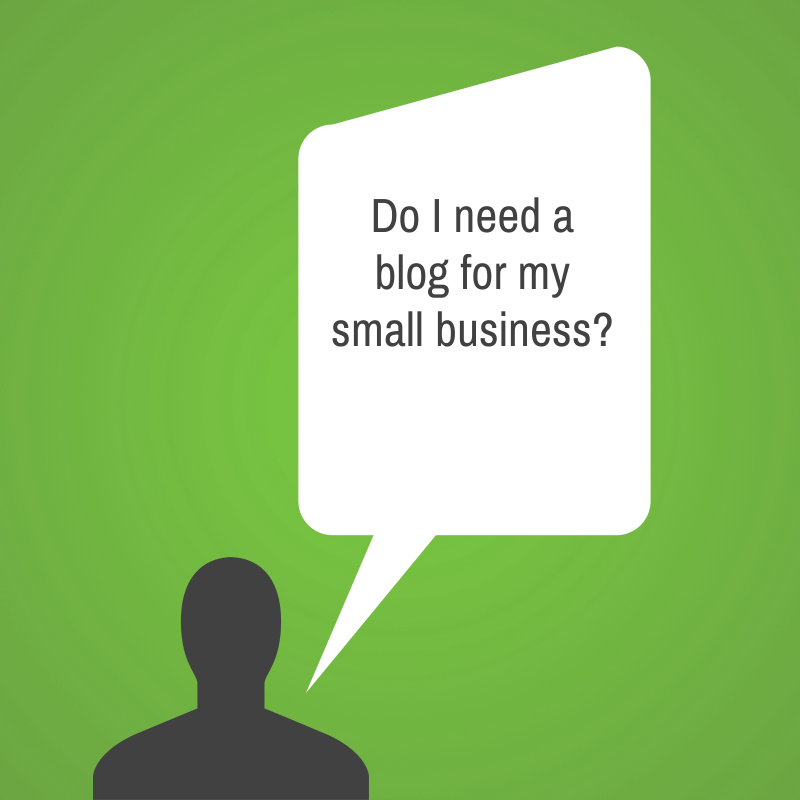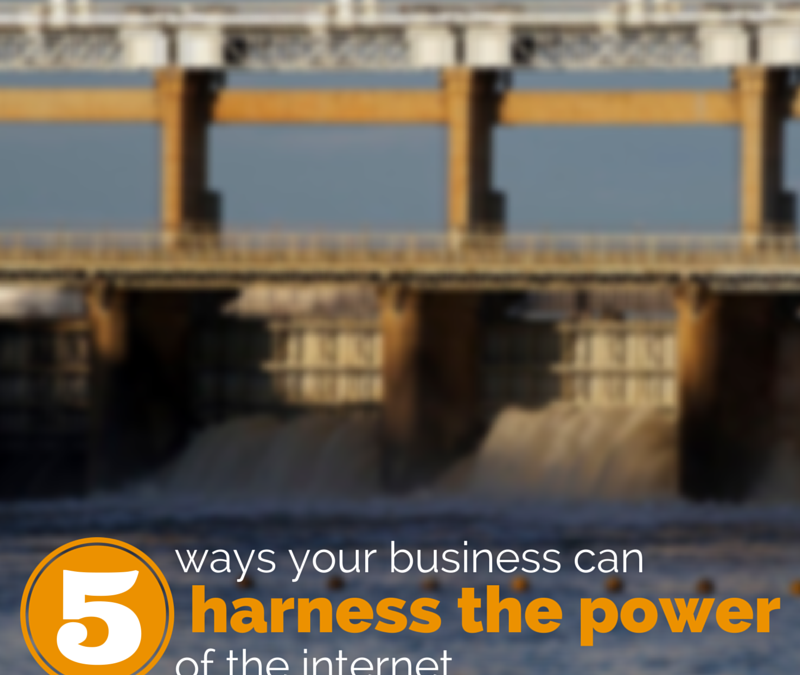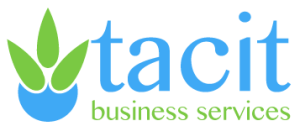
Leanne Nelson+ by | May 30, 2014 | Content marketing
You’re thinking starting a business blog would be a good way to connect with your market and build a community around your product or service. You’ve read about the advantages of having a blog for business. Where to next? 1. Who is your reader? Before you start a business blog it is critical to know who your readers will be; not in the individual sense, but in the same way as you know who your ideal customers are. This will help you find the correct “voice” for your writing, as well as help you determine what type of content you should add to your blog. A unique voice will help you stand out from the crowd. 2. What do they want to know? Once you’ve determined who your readers are it is easier to determine what it is they want to know. While people visit blogs for a myriad of reasons, they will generally visit a small business blog to find information or a solution to some sort of problem. This solution should be linked to a product or service you sell to enable you to naturally generate leads from your content. 3. What do you have to tell them? Providing helpful information in an interesting manner consistently is possibly the number one way to keep people coming back to your blog. In time, you will be able to build trust and authority with these readers, generating business through sharing your knowledge. Make a list of your areas of expertise and start writing blog posts that inform and/or solve problems from there. Think about how you would break your information up...

Leanne Nelson+ by | May 13, 2014 | Content marketing, Tools, Tips & Resources
A blog can be a helpful addition to your small business website. If you’re searching for a way to reach your customers and keep them informed, a blog might be the answer. Nearly every business has useful information and opinions about their product, service and market that can be shared with their market via a blog. What can a blog do for my small business? 1. Act as a home base for your shareable content A blog can act as a home base for your shareable content. While it might seem easier to just write a post on Facebook and share it to Twitter from there (for example) keep in mind that you ultimately have no control over these platforms. If they are the home base for your content and for whatever reason your account is disabled or the rules of the platform change, you might be left with nothing. A blog is a central point from which information can easily be shared, linked back to and repurposed. 2. Build relationships & authority within your niche A well written, useful, informative blog can help build relationships and authority within your niche. By consistently engaging with readers and providing good content, people will come to see you as a trusted resource – hopefully, one they would love to do business with! 3. Control the conversation about your brand We all want people to talk about our brand, and we want them to say good things. A blog can be a place where you can acknowledge your evangelists and direct the conversation. If the discussion goes awry because of something you did, didn’t do or you’ve attracted...

Leanne Nelson+ by | May 1, 2014 | Business, Tools, Tips & Resources
The internet gives us tools to manage our business that just weren’t feasible for micro & small businesses not all that long ago. Gone are the days of small businesses relying solely on the local paper, radio & perhaps TV to reach their market or source services. Today we are a globally connected network with the most amazing resources at our fingertips. Even word of mouth has an exponentially greater reach than it used to thanks to the powers of social media. So how can you harness the power of the internet & get these tools working for you? 1. Email marketing Email marketing is the online version of direct mail. It’s a fantastic opportunity for businesses because people invite you to send them information. Having that direct access to someone’s inbox is a great privilege & a great opportunity. And while you might be a regular social media participant with a great following or post great information to your blog, email is still the most powerful acquisition channel on the internet. Email marketing also has the benefit of very detailed analytics. It’s measurable. You can track who clicks on what, who deletes & some of who buys (depending on their purchase method). This allows you to hone your offers on the run, segment your audience & generally get more bang for your marketing buck. Low cost (or free) email services like Mailchimp make it easy to start building your email list & creating a regular newsletter or other offer for your market. 2. Website A website or online store is always open for business. No matter when someone is...

Leanne Nelson+ by | Mar 14, 2014 | Business
Recent happenings across my Twitter, Facebook & Feedly streams that caught my eye. Getty makes photo collection available to bloggers free of charge via The Next Web Finding the right images with the right copyright can be super time-consuming. Good one from Getty Images, although I’m not a big fan of the sharing footer that is embedded with the image (see above). New era in privacy as laws take effect via Dynamic Business If you collect personal data you need to be aware of these new privacy laws that came into effect on March 12. Customer Loyalty Is Mostly About Choosing the Right Customers via Duct Tape Marketing Do you choose your customers or have an accept all comers “policy” You Are What You Read: 14 Thought Leaders Share Their Bookshelves via The Blog of Tim Ferris I mostly listen to books these days. Regardless of how you consume books there’s plenty to keep you busy & learning here. How to Get Customers to Post Instagram Pictures via Social Media Examiner I’m finding it a bit hard to get my head around using Instagram for marketing. Not so Social Media Examiner. How to Have a Eureka Moment via HBR Maybe checking email isn’t the dreadful time waster we’re led to believe. Research suggests “an effective way to incubate a problem in need of a eureka moment is to switch to an unrelated, but still work-related,...

Leanne Nelson+ by | Mar 12, 2014 | Business
Quite often when I tell people I’m a virtual assistant I’m met with a blank look. Making use of virtual resources and outsourcing administrative work is still relatively new in some industries, but it’s an approach that can benefit most small businesses. So exactly what is a virtual assistant? What is a virtual assistant? In its broadest sense a virtual assistant is an administrative assistant that works virtually (from their office, not yours) and usually on a contract basis. That is where the generalities end though. Virtual assistants cover a whole plethora of skill sets from reception to a personal assistant to web design to event management and everything in between. The beauty of working with virtual assistants is the flexibility. As they are engaged on a contract basis, you only pay for assistance when you need it. This is a fantastic option for small businesses. If you need to have notes from a brainstorming session made into a slideshow a they can help. If you anticipate your permanent admin staff will be overloaded due a special promotion a virtual assistant can ease the load. If you’re a micro-business and don’t have enough time to manage all your social media a virtual assistant may be your answer. If you work from home and don’t have room for admin employees think about a virtual assistant. The list is endless really, and depending on the nature of your business there will be many unique ways a virtual assistant could help. A major bonus of working with virtual assistants over temporary employees (aside from the cost savings, of course) is the professional relationship...







